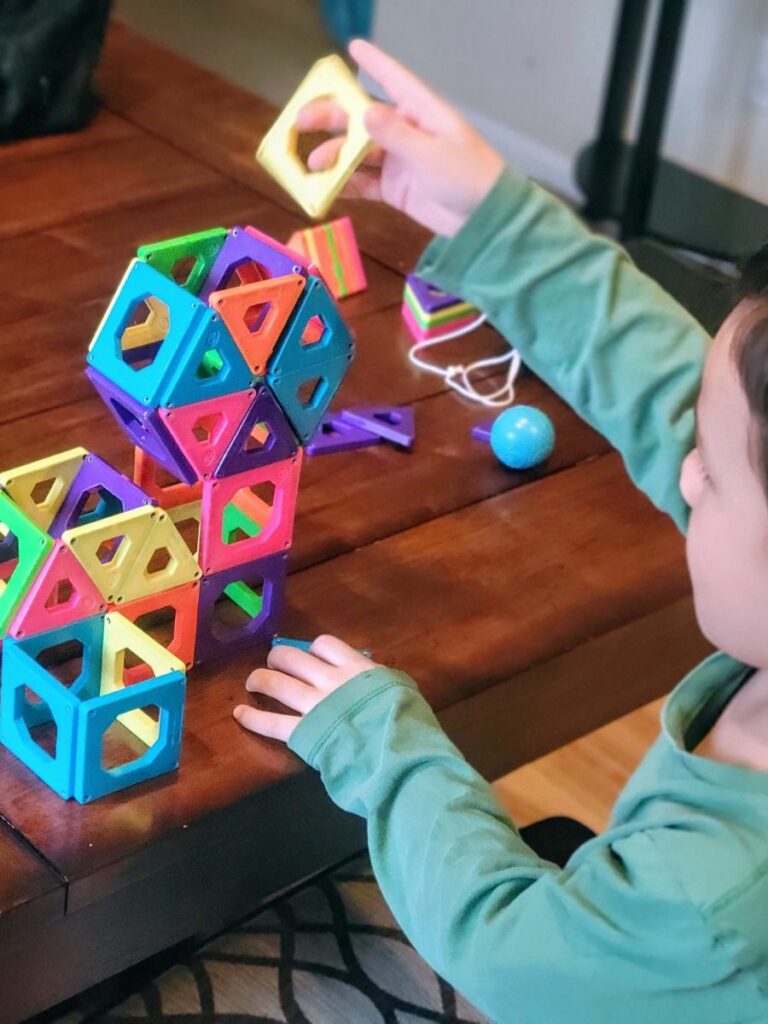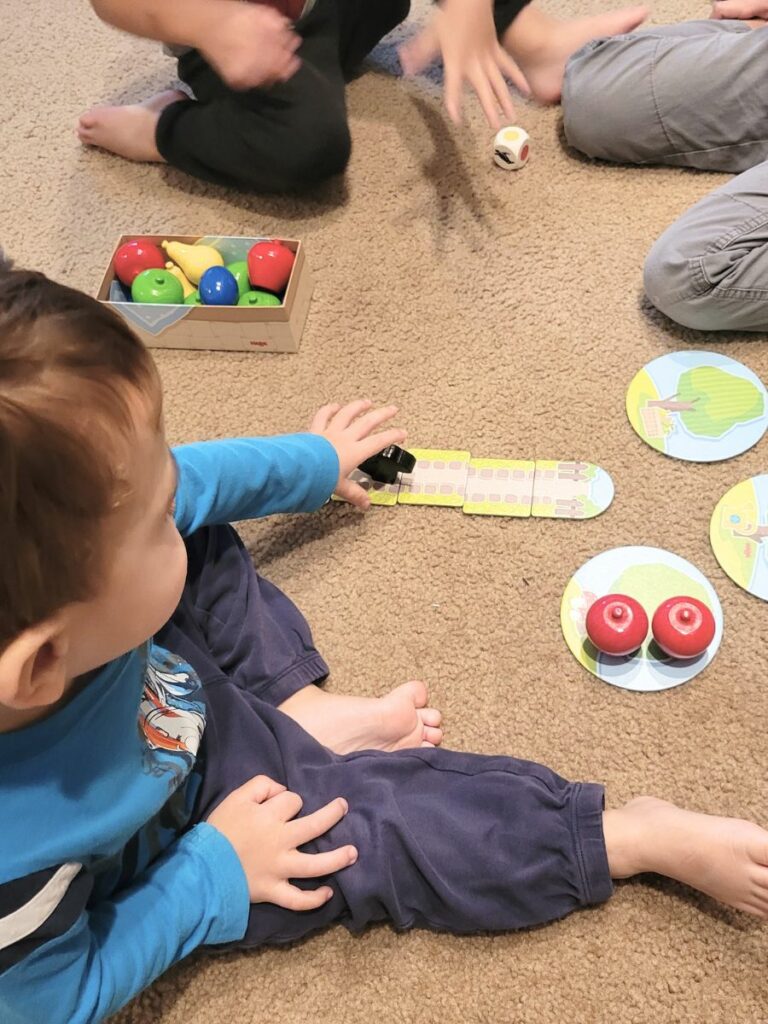As summer approaches, kids are eager to dive into a season of fun and relaxation.
While taking a break from school is important, it’s also crucial to keep young minds engaged to prevent the “summer slide”—the learning loss that can occur when children are out of school for extended periods.
Studies have shown that kids can lose a significant portion of the knowledge they gained during the school year if they don’t continue to practice their skills.
Understanding the “Summer Slide”
The “summer slide” refers to the decline in academic skills and knowledge that can occur over the summer months when students are not actively engaged in educational activities. Research highlights the impact of this learning loss:
- Reading Loss: Students typically lose about 20% of their reading skills over the summer.
- Math Decline: On average, students lose approximately 27% of their math skills during the summer.
- Cumulative Effect: The effects of summer learning loss are cumulative, meaning that by the time a student reaches ninth grade, they may have lost the equivalent of two years of learning.
- (Source: Scholastic)
But fear not! There are plenty of enjoyable ways to keep your kids’ minds active and ready for the next school year while still allowing them to enjoy their summer break.
Here are some strategies and activities to help prevent the summer slide and make learning a fun part of your summer routine.
Ideas to Keep Kids Learning All Summer Long
1. Create a Summer Reading Challenge
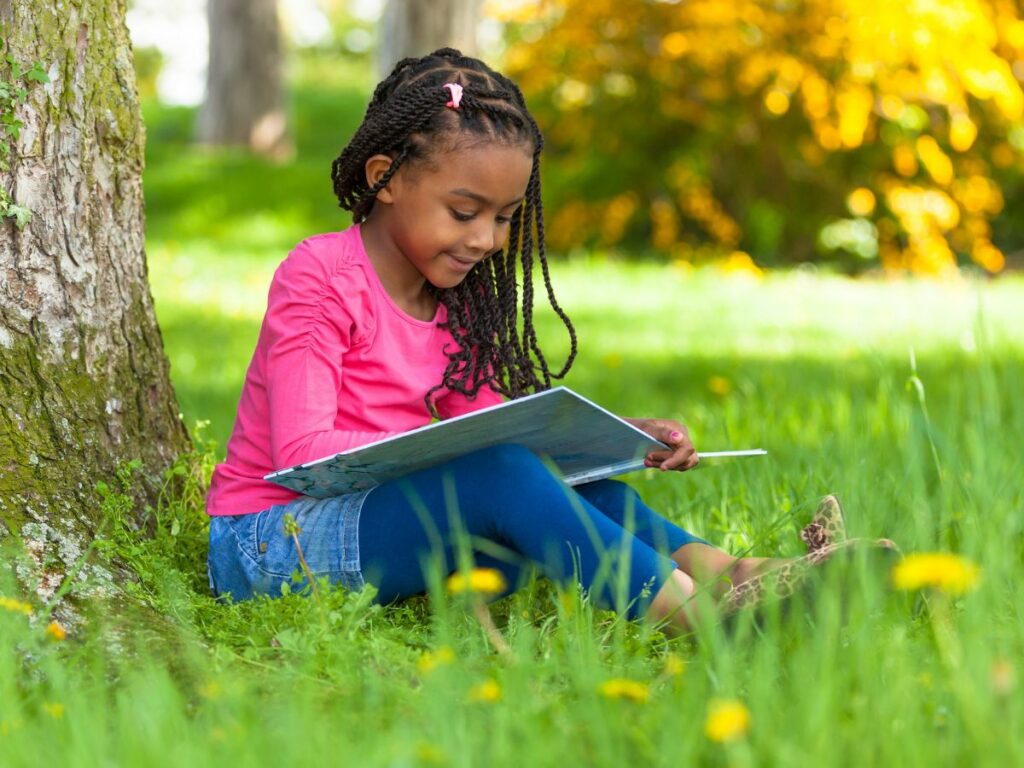
Encourage your kids to read throughout the summer by setting up a reading challenge. Create a list of books that interest them and track their progress with a chart or stickers.
See this fun sun reading chart to help kids track their progress!
Offer rewards for reaching milestones, such as a special treat or a family outing.
Libraries also often have summer reading programs with incentives that can add an extra layer of excitement.
2. Incorporate Educational Games
Turn learning into play with educational games that cover a variety of subjects.
Board games, card games, and digital apps can make learning fun and interactive.
Games like Scrabble, Monopoly, and math puzzles help reinforce literacy and numeracy skills without feeling like homework.
3. Explore Nature-Based Learning
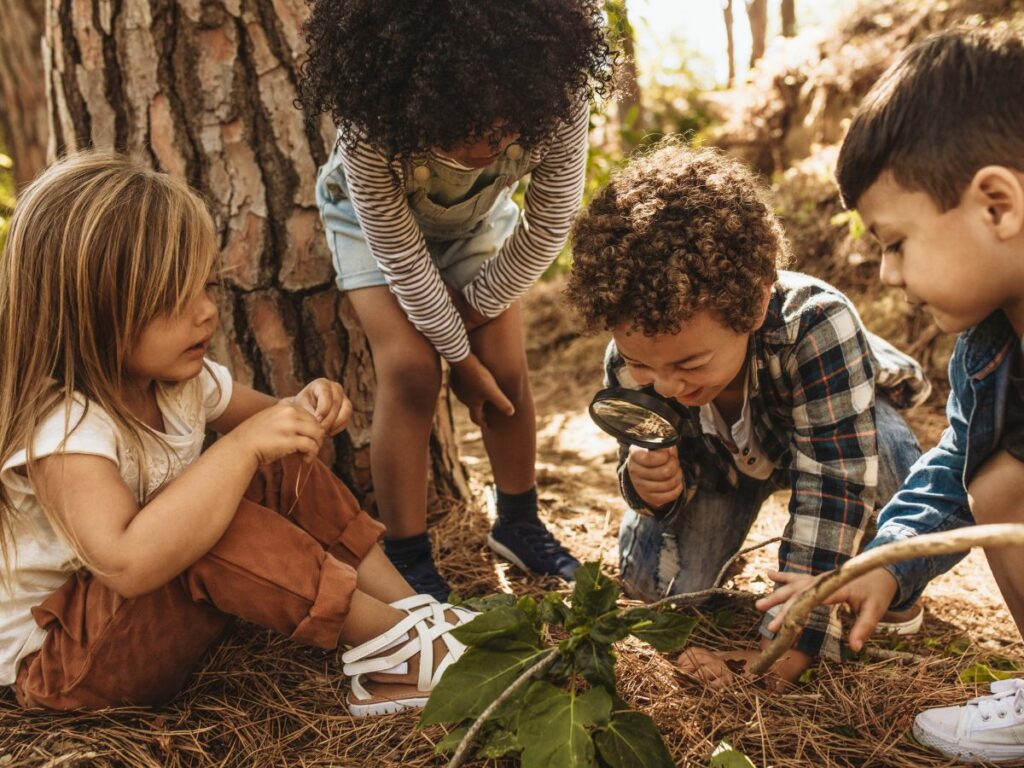
Take advantage of the beautiful weather to explore nature and learn at the same time. Plan visits to parks, nature reserves, or botanical gardens.
Encourage your kids to keep a nature journal where they can draw, write about their observations, and record interesting facts about the plants and animals they encounter.
4. Practice Math in Everyday Situations
Keep math skills sharp by integrating math practice into daily activities. Cooking together is a great way to practice measuring, counting, and fractions.
Grocery shopping can involve budgeting and price comparison.
Road trips offer opportunities for games involving distance calculation, time estimation, and reading maps.
5. Get Creative with Writing Projects

Boost writing skills by encouraging creative writing projects.
Your kids can write stories, create their own comic books, or keep a daily journal of their summer adventures.
You could also start a family blog or newsletter where everyone contributes articles and photos about their activities.
6. Visit Museums and Science Centers
Many museums and science centers offer interactive exhibits and programs that make learning fun.
Plan visits to these educational venues where kids can explore topics like history, art, science, and technology through hands-on activities and demonstrations.
7. Involve Kids in DIY Projects
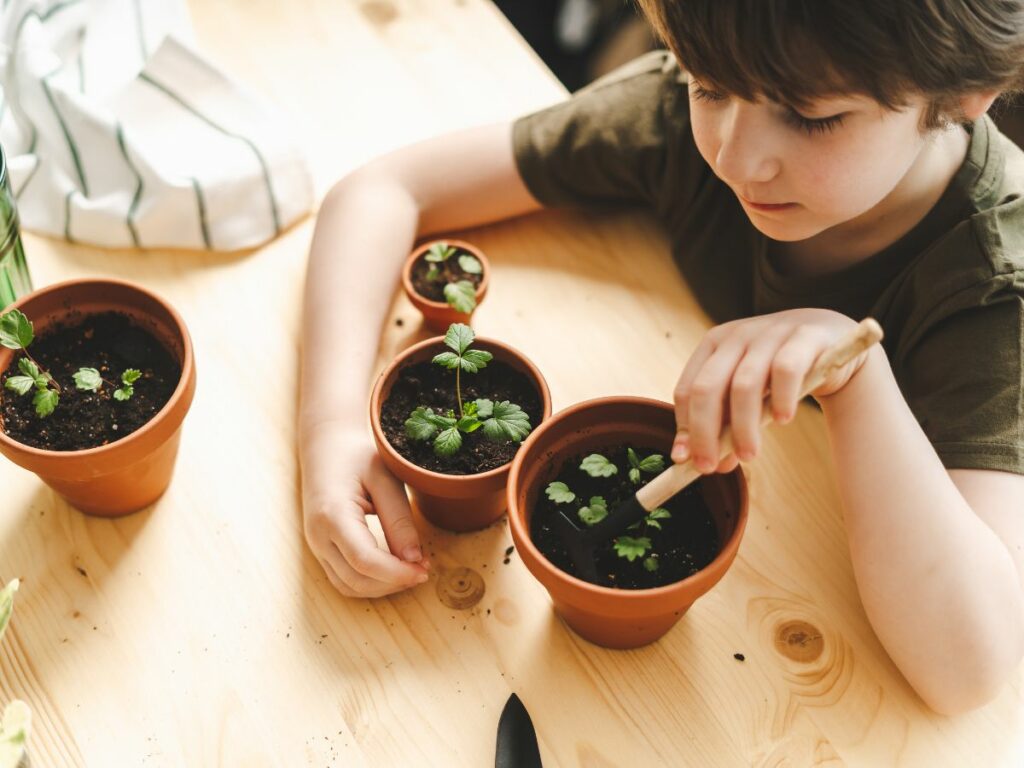
DIY projects are a great way to engage kids in learning.
Building a birdhouse, creating a garden, or crafting homemade toys involves skills like measurement, planning, problem-solving, and creativity.
These projects provide practical applications of concepts they learn in school.
8. Set Up a Home Learning Station
Create a dedicated space in your home where kids can engage in learning activities.
Stock it with books, art supplies, puzzles, and educational games.
Having a designated learning area can help kids associate the space with focused, fun learning time.
9. Plan Educational Trips
Travel can be a rich source of learning.
Even if you’re staying close to home, local trips to historical sites, factories, or cultural festivals can provide valuable educational experiences.
Encourage your kids to learn about the places you visit and perhaps even keep a travel journal.
10. Encourage Science Experiments

Science experiments are a hands-on way to keep kids curious and engaged.
Simple experiments with household items can demonstrate scientific principles.
For some ideas, check out this list of 21 Easy Science Experiments for Kids to Do at Home.
11. Teach Financial Literacy
Introduce kids to the basics of money management and financial literacy.
Set up a pretend store at home where they can use play money to buy and sell items.
Discuss budgeting, saving, and spending, and consider giving them a small allowance to manage.
12. Learn a New Language
Use the summer to introduce kids to a new language.
There are many language learning apps and online resources that make it fun and easy for kids to pick up basic vocabulary and phrases.
Practice together by labeling household items or having simple conversations.
13. Start a Family Book Club

Create a family book club where everyone reads the same book and then discusses it together.
Choose books that appeal to all ages and set aside a time each week for a lively discussion. This fosters a love of reading and enhances comprehension skills.
For book ideas, check out this list of 25 Engaging Books to Read with Your Family.
14. Explore Educational TV Shows and Documentaries
Select educational TV shows and documentaries that align with your child’s interests. Shows about science, history, or nature can be both entertaining and informative. Follow up by discussing what they learned or having them create a related project.
15. Create an Art Gallery
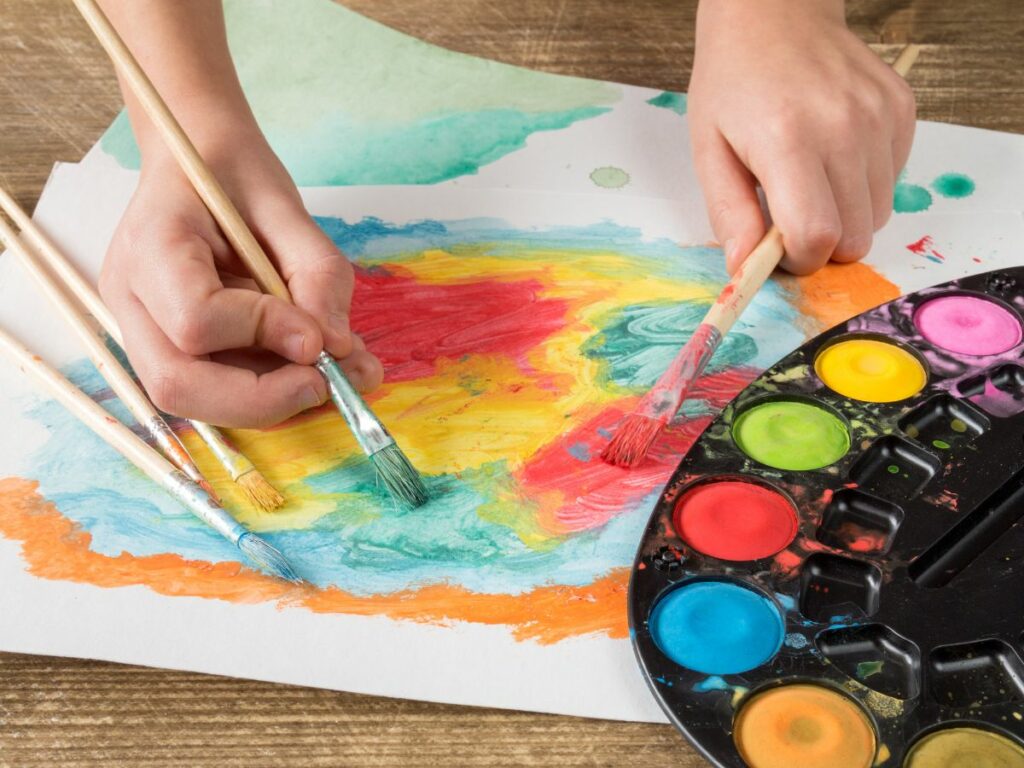
Encourage your kids to create their own artwork and then set up an “art gallery” at home. They can paint, draw, or make crafts, and then display their creations. Invite family members to the “opening” and let the kids explain their pieces, enhancing their presentation skills.
16. Write Letters or Emails to Friends and Family
Have your kids practice their writing and communication skills by writing letters or emails to friends and family. They can share their summer experiences, ask questions, or tell stories. This is a great way to keep in touch and practice composition.
17. Cook Together and Explore Recipes
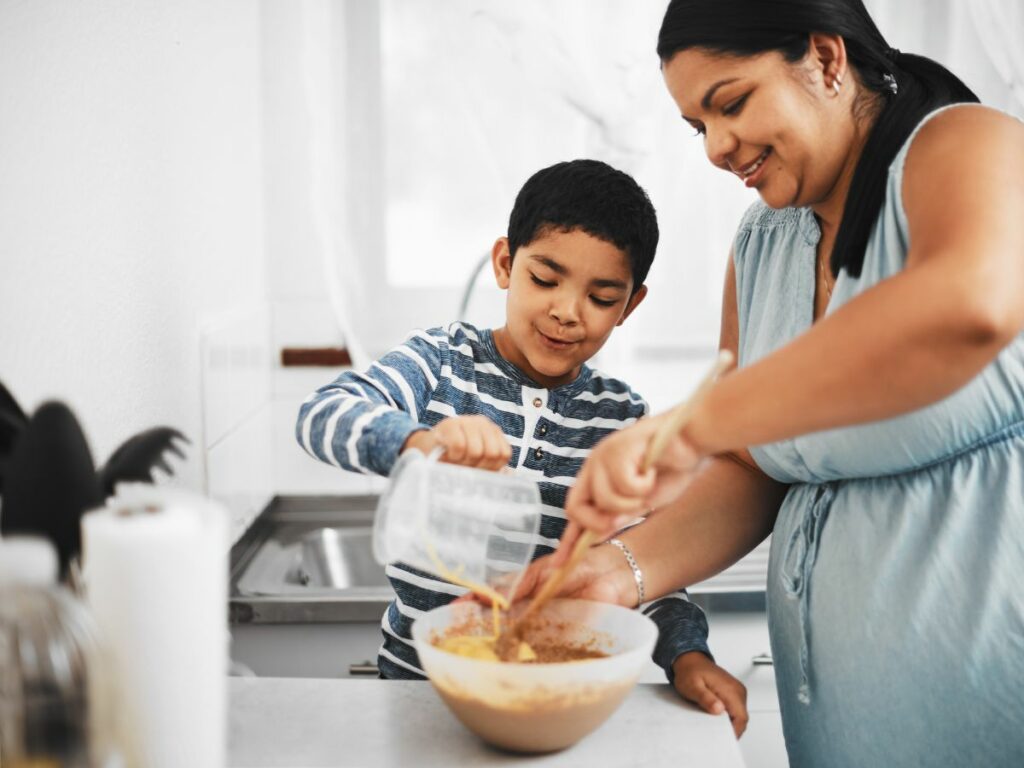
Cooking is a wonderful way to integrate math and reading. Choose new recipes to try, have your kids read the instructions, measure ingredients, and follow the steps. They’ll learn about fractions, sequencing, and following directions while having fun in the kitchen.
18. Virtual Field Trips
Take virtual field trips to museums, zoos, or historical sites around the world. Many organizations offer online tours and interactive experiences. These virtual adventures can expand your kids’ horizons and introduce them to new cultures and ideas.
Final Thoughts
While summer is a time for relaxation and fun, incorporating educational activities can help keep your kids’ minds active and prevent the “summer slide.” By making learning enjoyable and integrating it into everyday experiences, you can ensure that your children retain their skills and return to school ready for success.
Embrace the opportunity to explore, discover, and learn together as a family this summer!
Other articles you might enjoy:
21 Fun Outdoor Activities for Kids to Enjoy Independently This Summer

